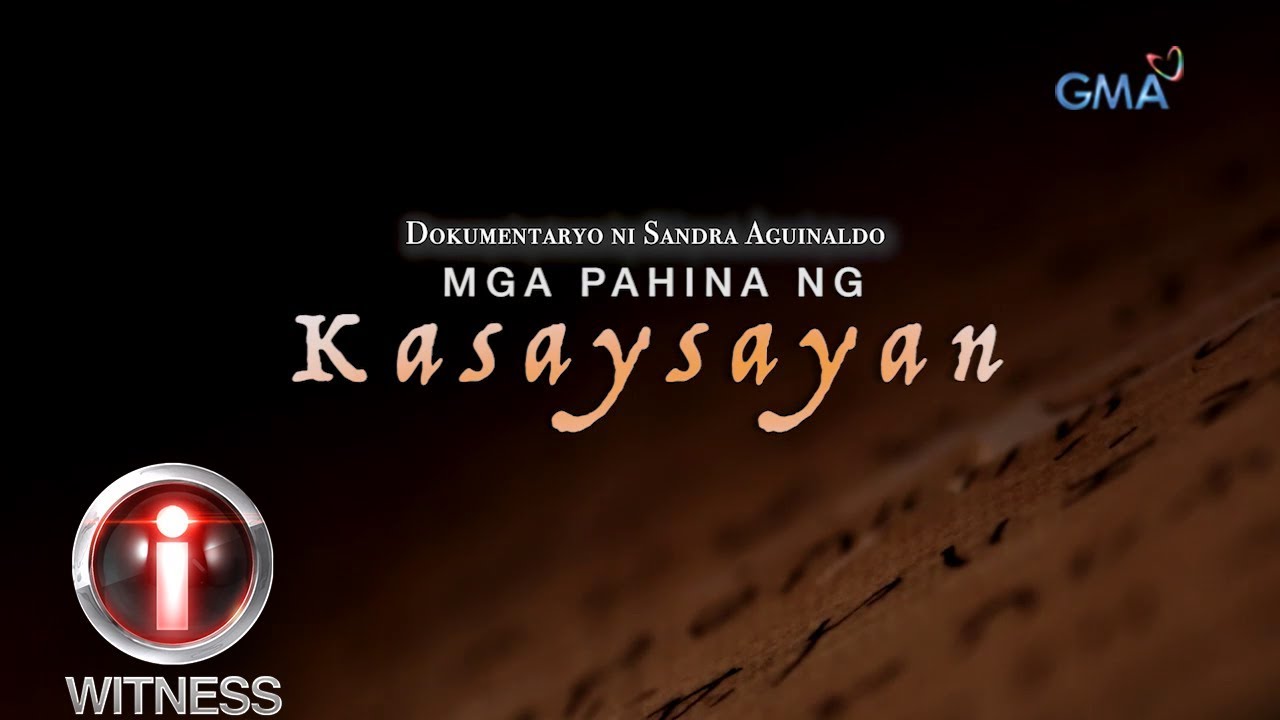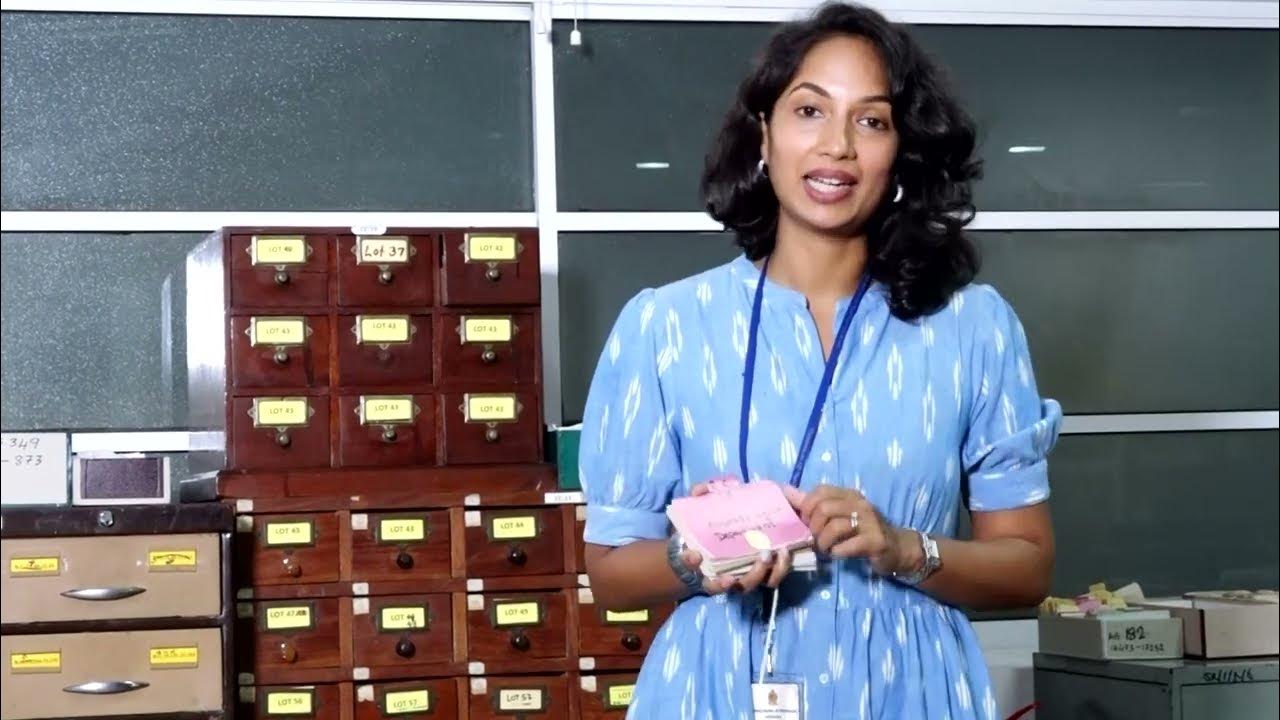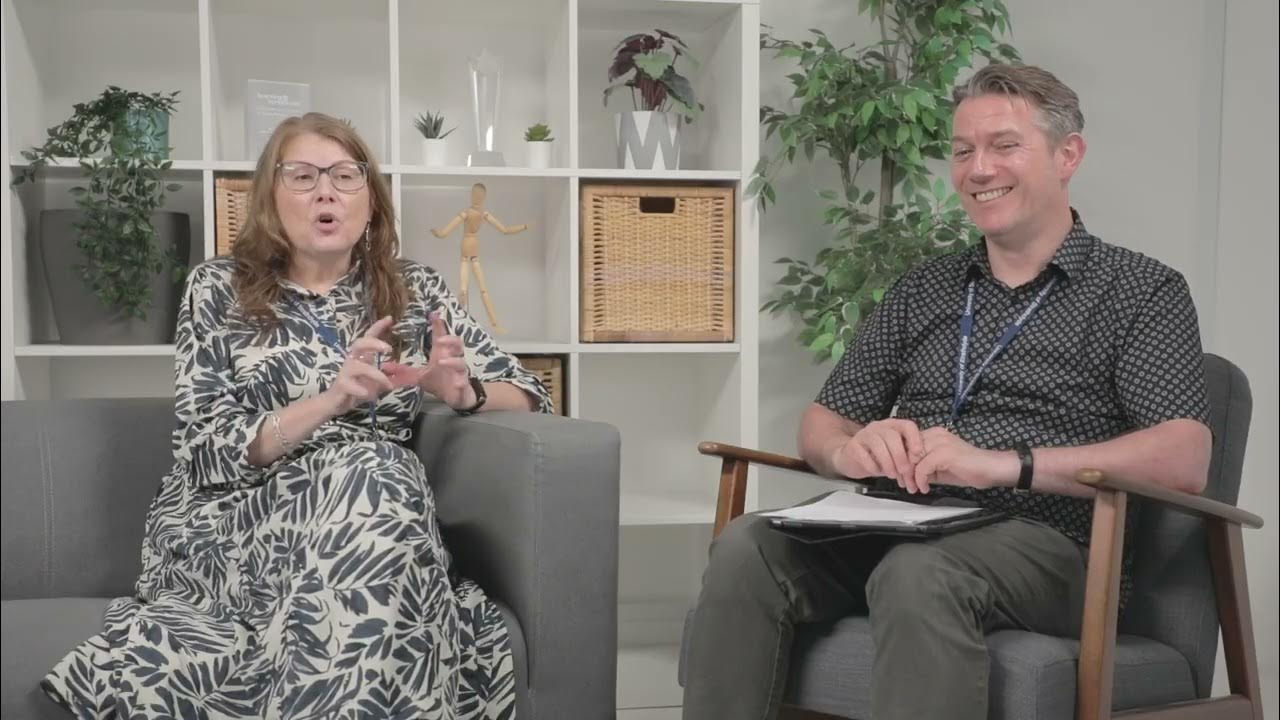A Brief Introduction to Archives
Summary
TLDRRebecca Patillo, an archivist at the University of Louisville, offers an introduction to the world of archives. She explains the role of archivists in organizing and preserving materials, from primary sources like letters and photographs to secondary sources such as books. Patillo discusses the biases in archival practices and the importance of finding aids, which help researchers navigate collections. She highlights community-driven archival projects and how archives document both past and current events, such as the COVID-19 pandemic. Patillo emphasizes that archives are not neutral but shaped by the choices of archivists and their cultural context.
Takeaways
- 😀 Archives can refer to a physical space, the act of preserving materials, or a collection centered around a theme or person.
- 😀 Archivists, often with graduate degrees in library sciences, are responsible for collecting, preserving, and organizing archival materials.
- 😀 Primary sources provide firsthand accounts of topics, while secondary sources offer interpretation and analysis of primary materials.
- 😀 Archivists work with primary sources such as letters, photographs, and original research, and organize them into series to make them accessible for researchers.
- 😀 Archives are often received in disorganized forms (e.g., garbage bags, suitcases), and archivists determine the best way to arrange them.
- 😀 Finding aids are detailed descriptions of collections, including biographical context, provenance, and an inventory, which help researchers locate materials.
- 😀 Archivists play a significant role in shaping collections by deciding what materials are kept and how they are described.
- 😀 Archives are not neutral; they reflect cultural biases and may omit certain perspectives, especially from marginalized groups.
- 😀 Archives can contain outdated or offensive language, but these materials are preserved for historical understanding, not to endorse harmful views.
- 😀 The archival profession is becoming more aware of its biases, striving to collect more diverse and inclusive materials, and collaborating with communities.
- 😀 Archivists document current events, such as the COVID-19 pandemic, to preserve records for future generations, alongside traditional historical materials.
Q & A
What is an archive?
-An archive can refer to a physical space where materials are stored, the act of collecting and preserving materials, or a collection of materials tied to a common theme, organization, or person.
What are primary sources and secondary sources in archival research?
-Primary sources are direct, first-hand accounts of an event or topic, such as letters, diaries, and photographs. Secondary sources are one step removed from the original event, offering analysis or interpretation, like books or scholarly articles.
What is the significance of 'original order' in archives?
-'Original order' refers to the way materials are received in their existing arrangement. Preserving the original order of a collection can provide insights into the creator's organization and intentions. However, if collections are disorganized, archivists must reorganize them for easier access.
How do archivists process a collection?
-Archivists process collections by organizing them into series—groupings based on common function, subject, or format. This makes it easier for researchers to navigate and find relevant materials.
What are finding aids and why are they important?
-Finding aids are detailed descriptions of an archival collection, including information about the creator, historical context, and an inventory of materials. They help researchers navigate collections and understand the context of the materials they are using.
How do archivists influence the historical record?
-Archivists influence the historical record through decisions about what to collect, how to organize materials, and the descriptions they write. These decisions are shaped by their own biases and cultural perspectives.
Why are archives considered not neutral?
-Archives are not neutral because archivists' biases influence what materials are collected, preserved, and described. This can shape the historical narrative, as some groups may be underrepresented or excluded.
What challenges arise from biases in archival work?
-Biases in archival work can lead to gaps in the historical record, where certain groups or perspectives are overlooked. Additionally, archives may contain materials that reflect outdated or offensive language and imagery, which requires careful contextualization.
How are community-driven archives challenging traditional archival practices?
-Community-driven archives allow individuals and groups to document their own histories, often in ways that reflect their unique perspectives. Examples include the 'Documenting Ferguson' project and the 'Archivists in a Backpack' initiative, which empower communities to preserve their stories.
How do archivists handle current events, like the COVID-19 pandemic, in their collections?
-Archivists actively collect materials related to current events, ensuring that future generations will have access to a record of contemporary life. For example, university archives are gathering information about how people are experiencing and responding to the COVID-19 pandemic.
Outlines

Dieser Bereich ist nur für Premium-Benutzer verfügbar. Bitte führen Sie ein Upgrade durch, um auf diesen Abschnitt zuzugreifen.
Upgrade durchführenMindmap

Dieser Bereich ist nur für Premium-Benutzer verfügbar. Bitte führen Sie ein Upgrade durch, um auf diesen Abschnitt zuzugreifen.
Upgrade durchführenKeywords

Dieser Bereich ist nur für Premium-Benutzer verfügbar. Bitte führen Sie ein Upgrade durch, um auf diesen Abschnitt zuzugreifen.
Upgrade durchführenHighlights

Dieser Bereich ist nur für Premium-Benutzer verfügbar. Bitte führen Sie ein Upgrade durch, um auf diesen Abschnitt zuzugreifen.
Upgrade durchführenTranscripts

Dieser Bereich ist nur für Premium-Benutzer verfügbar. Bitte führen Sie ein Upgrade durch, um auf diesen Abschnitt zuzugreifen.
Upgrade durchführenWeitere ähnliche Videos ansehen

I-Witness: ‘Mga Pahina ng Kasaysayan,’ dokumentaryo ni Sandra Aguinaldo | Full Episode

How to carry out research at the Sri Lanka National Archives

We are Strathclyde - Welcome Session - 18.08.2025

大學甄試入學超殺英文自介 // How to Kill Professors with Your Self-Introduction

Study Abroad in South Korea ✈️ 🇰🇷 | SKKU Sungkyunkwan University

KEAMANAN JARINGAN | 3.2.5 Praktik & Pengenalan Fitur Keamanan Jaringan Firewall Fortigate 200e
5.0 / 5 (0 votes)
